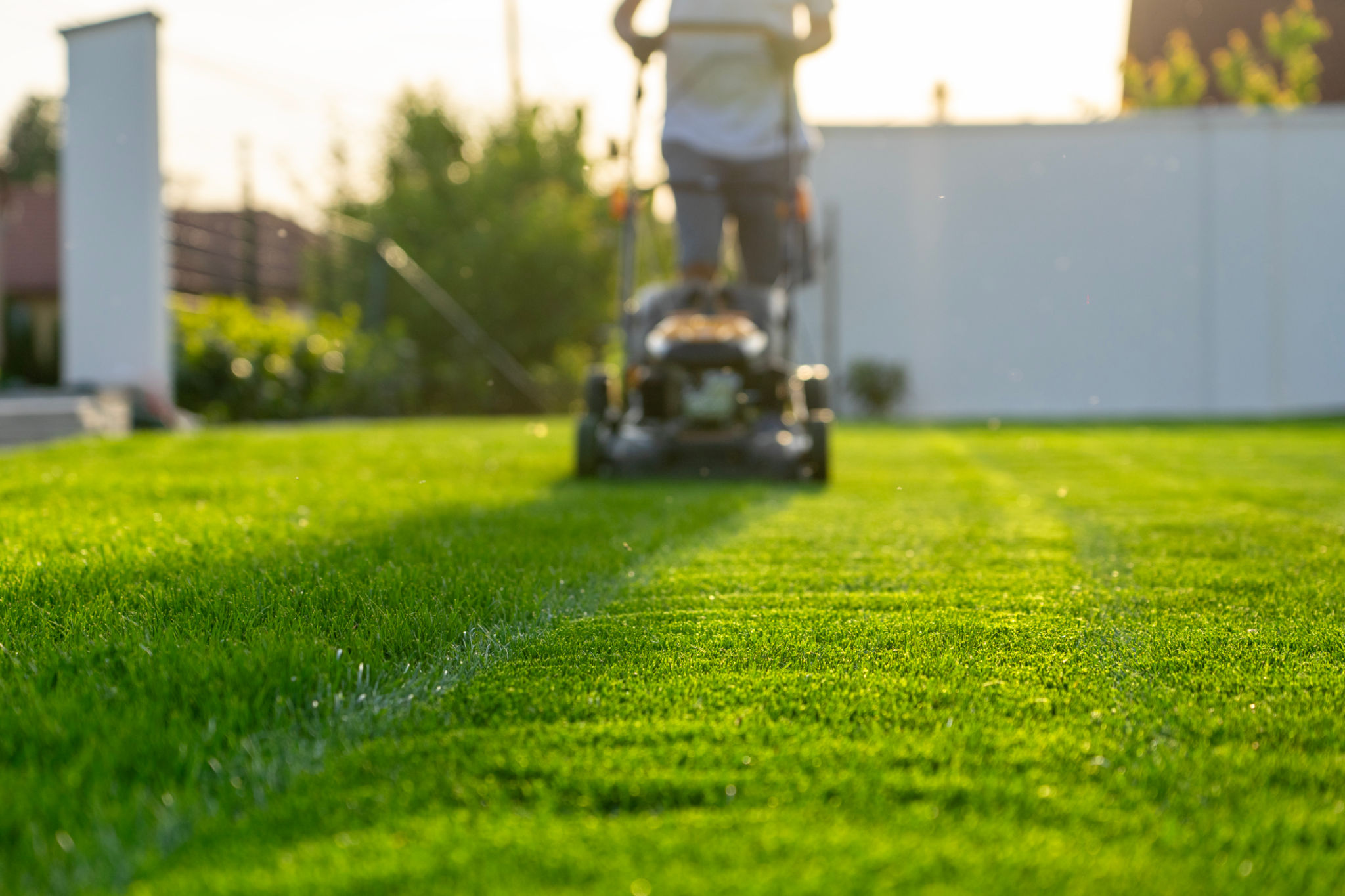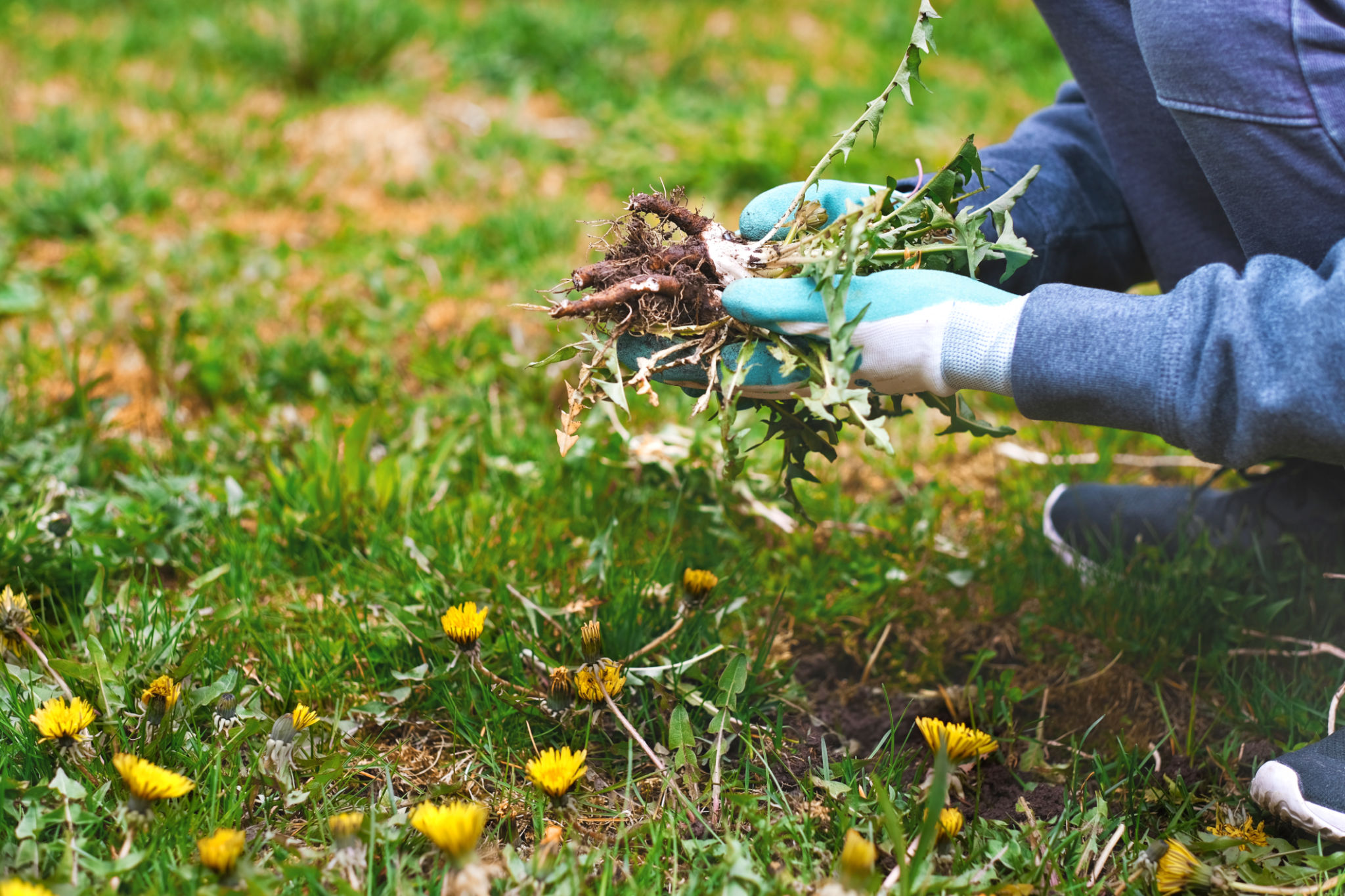Lawn Care Myths Debunked: What You Really Need to Keep Your Lawn Healthy
Understanding Lawn Care Myths
Lawn care is often shrouded in myths and misconceptions that can lead to less-than-ideal results. Many homeowners follow outdated advice, hoping to achieve lush, green lawns, only to be disappointed with the outcome. It's time to debunk some of these myths and get to the root of what really keeps your lawn healthy.

Myth 1: Watering Every Day Is Essential
A common belief is that lawns need to be watered daily for optimal health. However, this couldn't be further from the truth. In reality, deep and infrequent watering is far more beneficial. This method encourages root growth and makes your lawn more drought-resistant. Instead of a daily sprinkle, aim for a thorough soaking once or twice a week.
Myth 2: Shorter Grass Is Better
Many people think cutting the grass as short as possible reduces the need for frequent mowing. While it may save time in the short term, it actually harms your lawn. Cutting grass too short can stress it out, making it vulnerable to pests and diseases. It's best to keep your grass at a height of about 3 inches to promote healthy growth.

The Truth About Fertilization
Fertilizing your lawn is crucial, but there's a lot of misinformation about how and when to do it. One myth suggests that more fertilizer equals a healthier lawn. Over-fertilizing can burn grass and damage the soil. Instead, follow a balanced fertilization schedule suited to your grass type and local climate.
Myth 3: All Weeds Are Bad
While it's true that some weeds can compete with grass for nutrients, not all weeds are detrimental. Certain types can actually indicate soil health issues that need addressing. Instead of seeing all weeds as enemies, use them as clues to improve soil conditions for a healthier lawn overall.

Pesticides and Natural Solutions
The use of pesticides is another area rife with myths. While they can be effective against pests, they are not always necessary and can sometimes harm beneficial insects. Consider natural alternatives like introducing predator insects or using homemade solutions to manage pests sustainably.
Myth 4: Aeration Isn't Necessary
Some homeowners assume that aeration is an optional luxury rather than a necessity. In truth, aeration is vital for lawn health. It helps alleviate soil compaction, improves air exchange, and enhances nutrient uptake. Regular aeration can significantly improve the resilience and appearance of your lawn.
By debunking these common lawn care myths, you can make informed decisions that will lead to a healthier, more vibrant lawn. Remember, understanding the specific needs of your lawn and adapting your care routine accordingly will yield the best results.